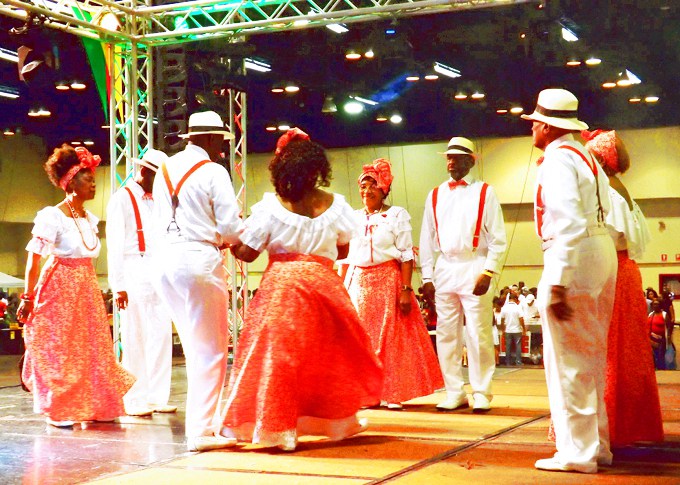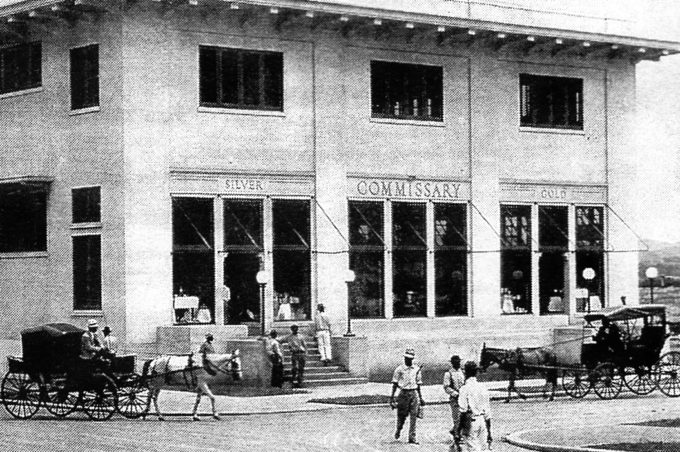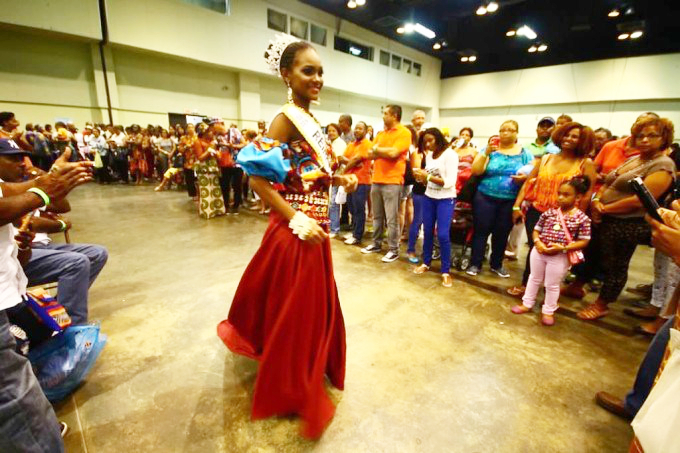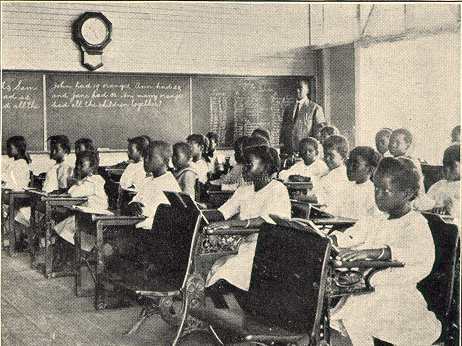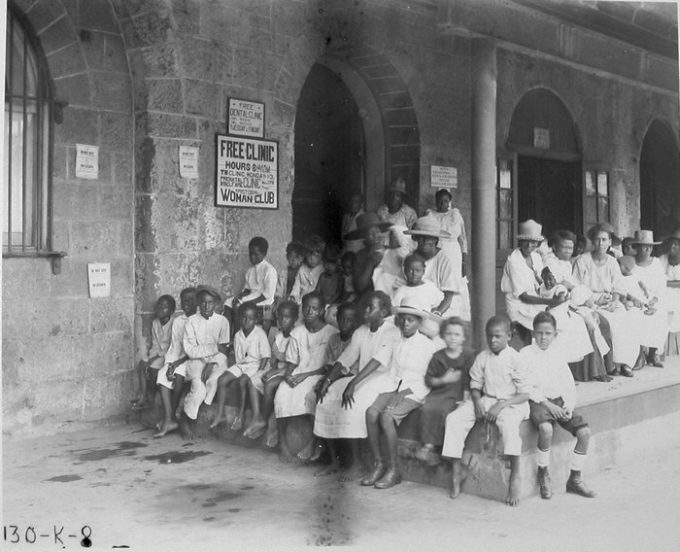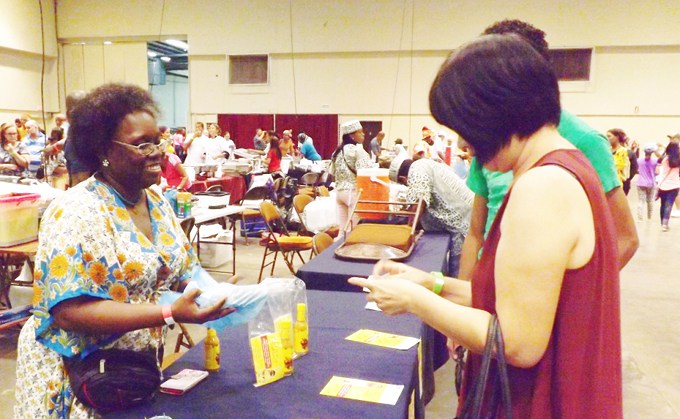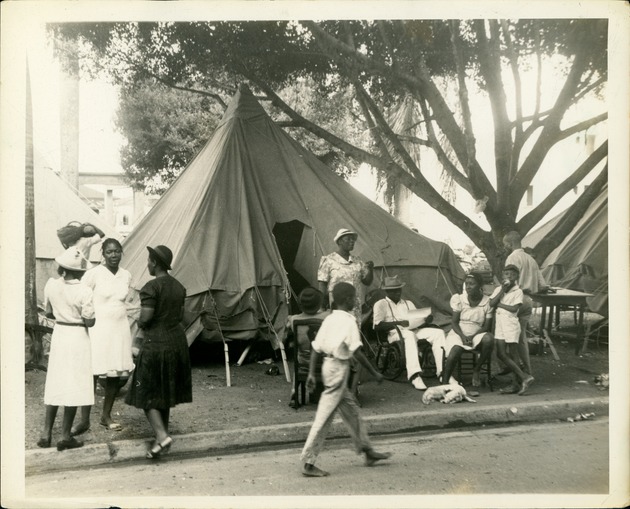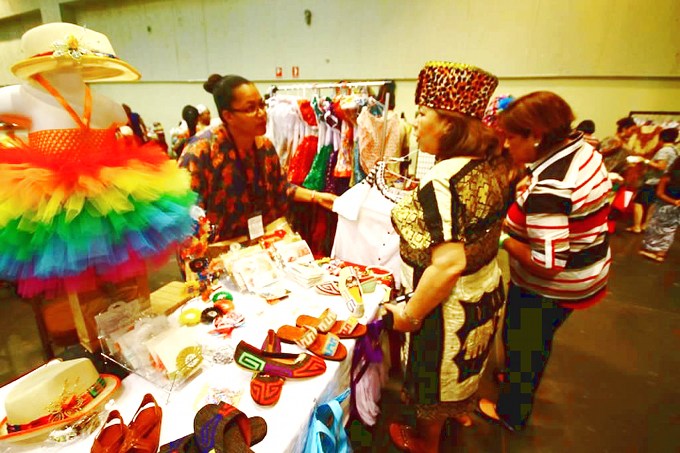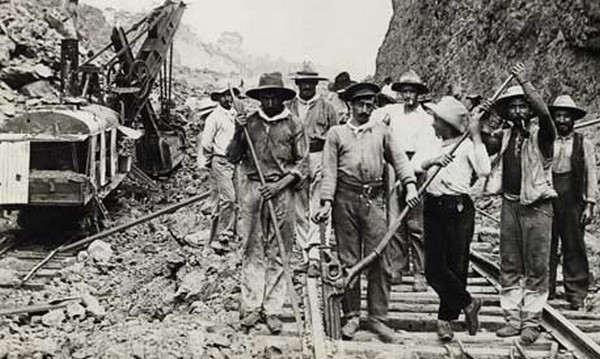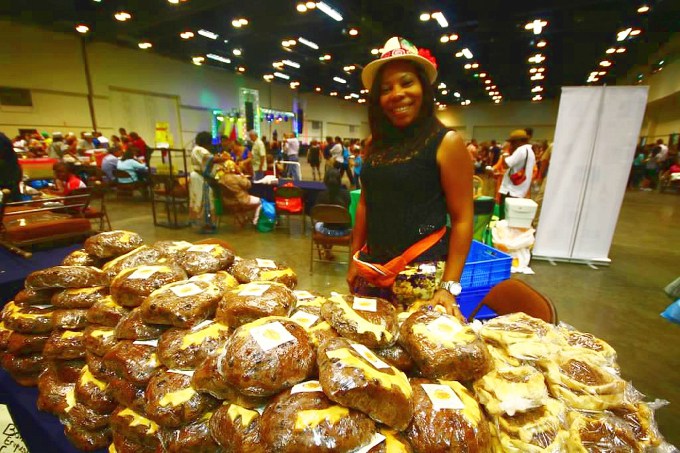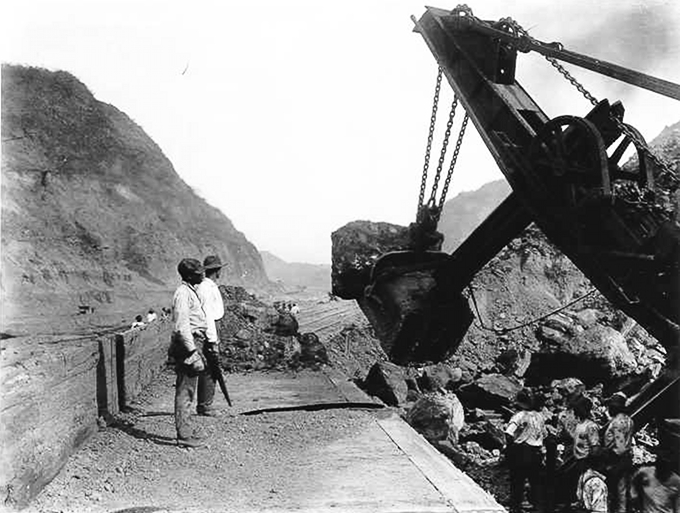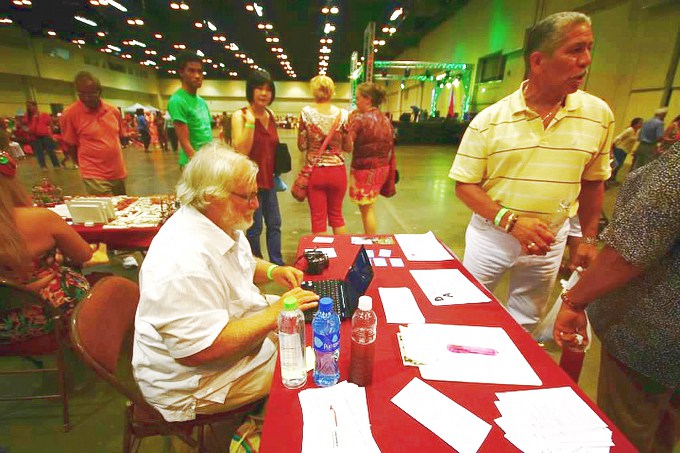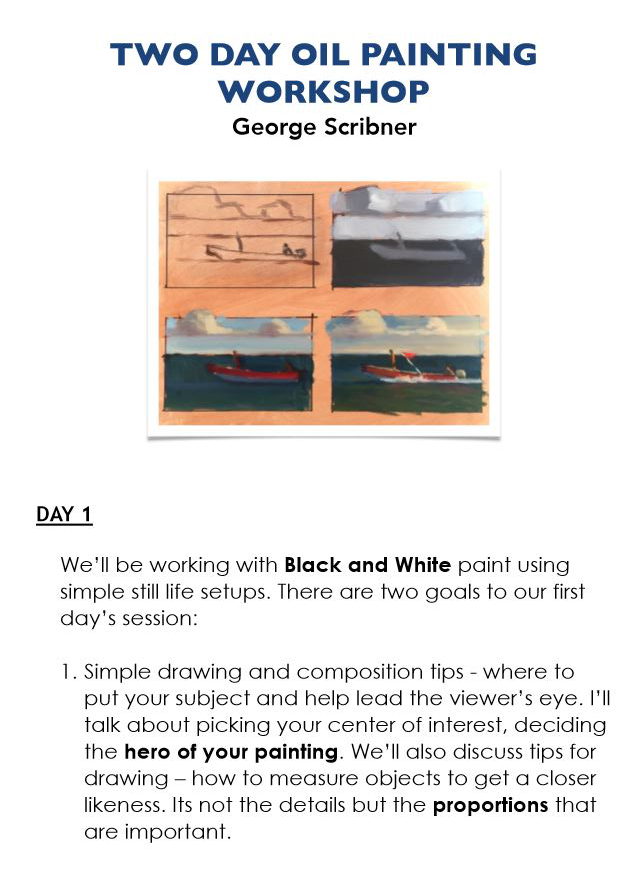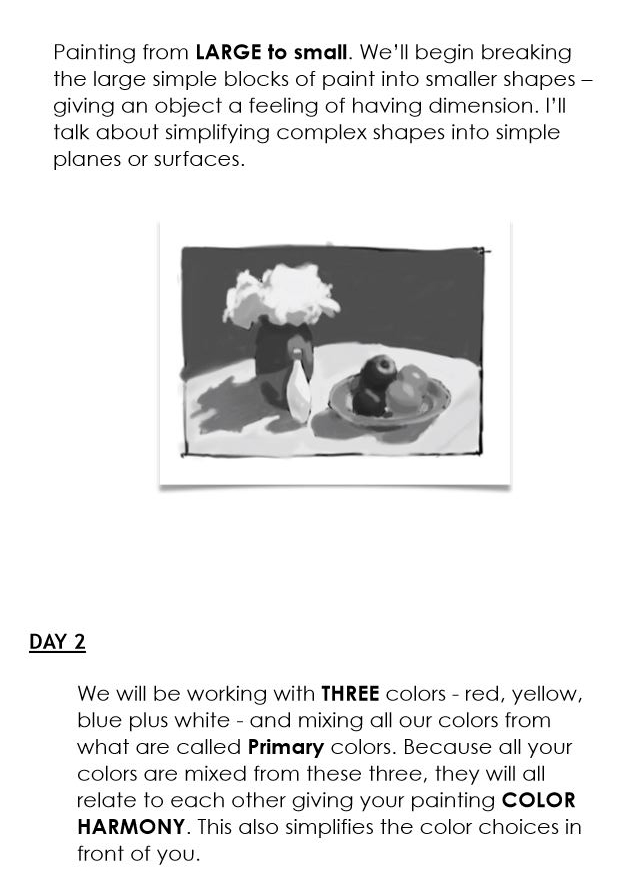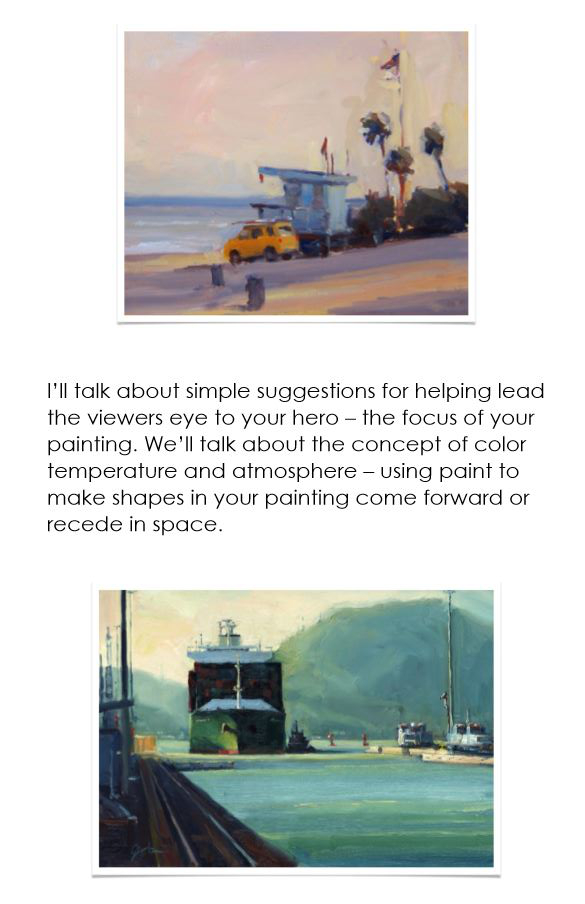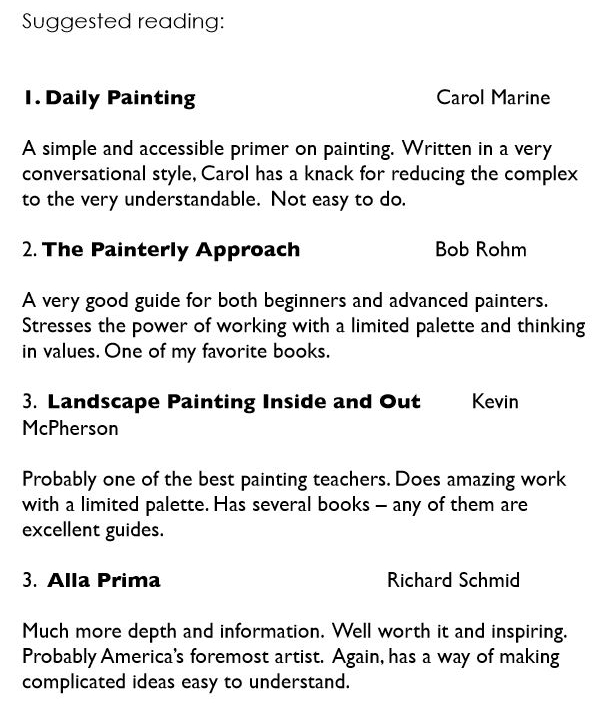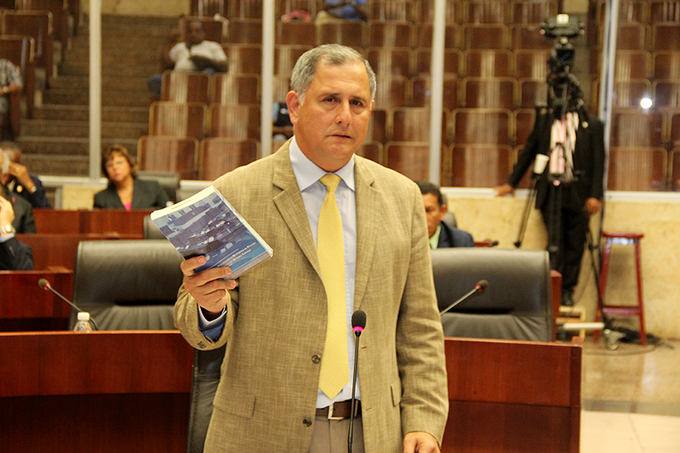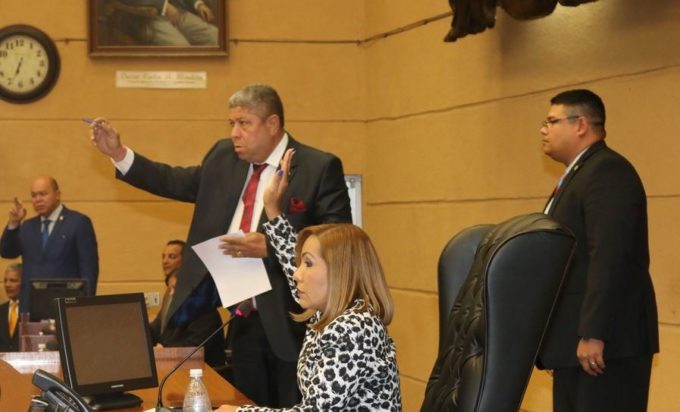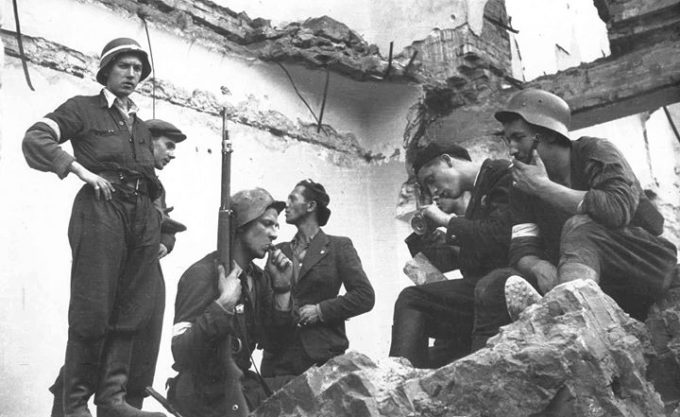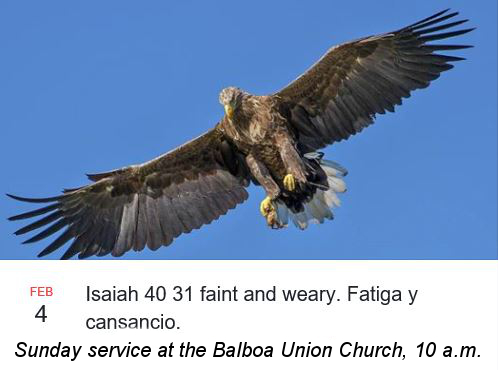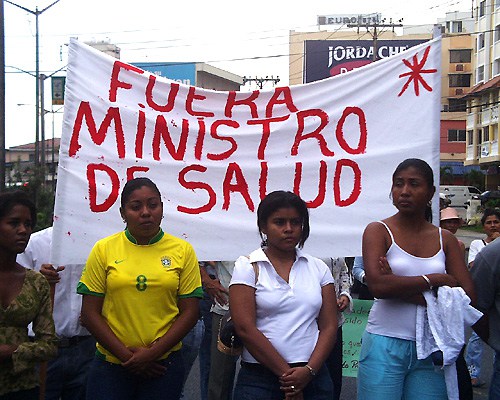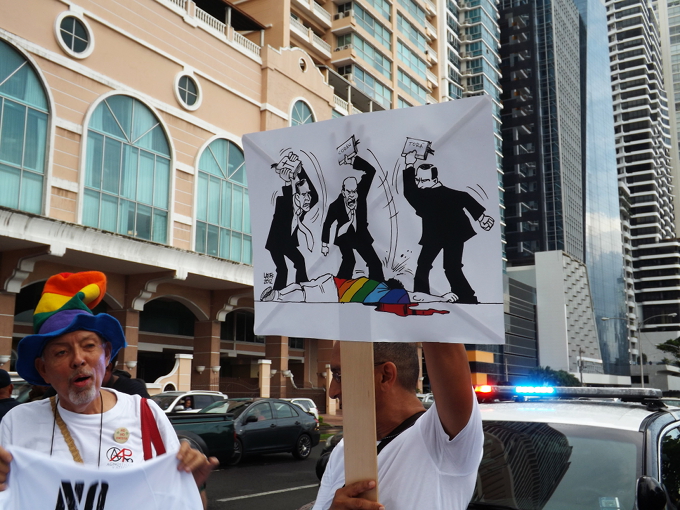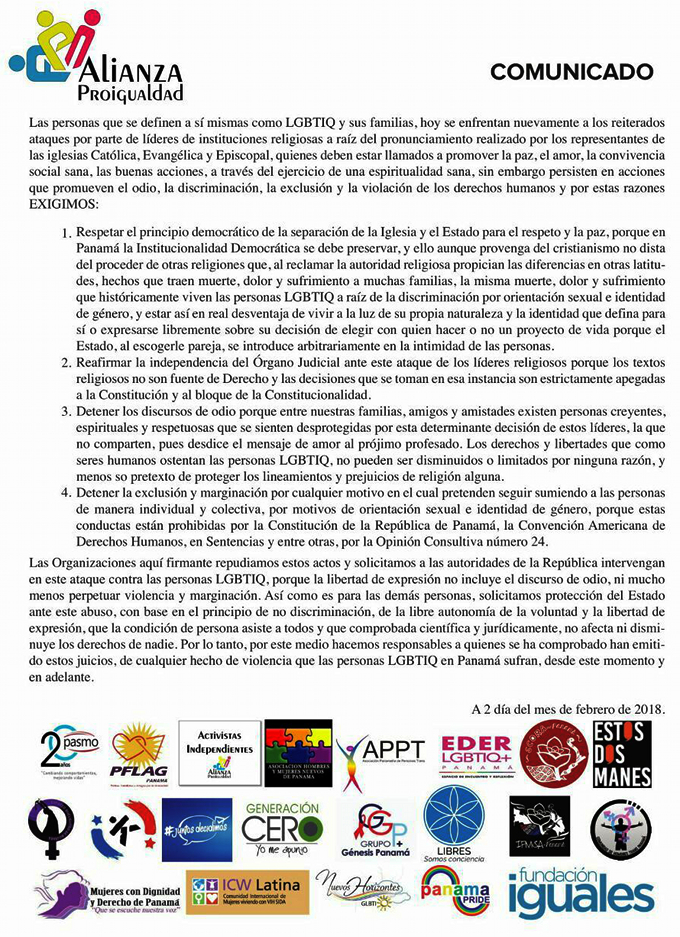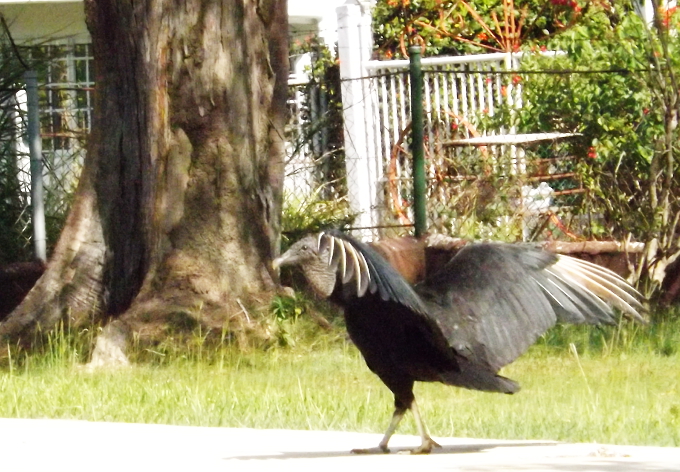
El MAP condena presencia militar de EEUU en Panamá
por el Movimiento Alternativa Popular (MAP)
El Movimiento Alternativa Popular (MAP), condena los ejercicios militares norteamericanos sobre suelo panameño. Desde el 2 enero de 2018, están desembarcando tropas en Panamá, en diferentes provincias. Es un claro mensaje del imperio de Washington contra cualquier política panameña, que no se subordine a los intereses de ese país. Además, coloca al gobierno panameño en el centro de los planes imperiales de invadir militarmente al país hermano de Venezuela. Esta semana pasada, el Secretario de Estado norteamericano, Rex Tillerson, realizó una gira por cuatro países latinoamericanos, para preparar el ataque contra el pueblo hermano de Venezuela. La presencia militar de ese país en Panamá, es un mensaje de sus verdaderas intenciones.
El periodista Eliécer Navarro, del diario Crítica, de la capital panameña, informó que el “gobierno panameño permitirá que hasta 415 miembros de la Fuerza Aérea de EEUU ocupen territorio nacional durante la primera mitad de 2018 vistiendo uniforme militar y portando armas”. El acuerdo es parte de los ejercicios llamados “Nuevos Horizontes”.
Estas condiciones fueron solicitadas por la Embajada de EEUU, el 11 de diciembre de 2017. La nota respuesta aceptando la ocupación militar fue trasmitida el 4 de enero de 2018. Las tropas norteamericanas entraron a Panamá, el 2 de enero, dos días antes de la nota de la Cancillería. Aparentemente, EEUU tenía previsto ocupar el territorio panameño, con o sin la autorización del gobierno. Los ejercicios Nuevos Horizontes se realizarán en las provincias de Darién, Veraguas, Coclé y “cualquier otro lugar aprobado por el gobierno de Panamá y la Embajada”, según el acuerdo. No se mencionan las provincias de Panamá y Colón, donde se encuentra el Canal de Panamá.
Las tropas norteamericanas tendrán una “condición equivalente a la que se otorga al personal técnico y administrativo (diplomática) de una Embajada”. En otro punto, según el periodista Navarro, “el Gobierno panameño acepta asumir responsabilidad y eximir al Gobierno de EEUU de “cualquier demanda que se entable (contra) personal de EEUU con relación a su misión en Panamá”. En caso de demandas de terceros por muertes no relacionadas al combate del personal militar, EEUU pagará de conformidad a las leyes estadounidenses.
Hace pocos años un soldado asesinó a una joven panameña. El militar fue sacado del país por la embajada de EEUU y posteriormente juzgado en ese país. Los familiares aún piden justicia, sin que el gobierno panameño asuma sus responsabilidades en este caso.
En su gira, el ministro norteamericano le recordó a las cancillerías latinoamericanas que “América Latina no necesita de nuevos poderes imperiales que solo miran por su interés “. Mensaje que los panameños podemos traducir como una amenaza frente a los acuerdos del presidente Varela con la República Popular China.
El Movimiento Alternativa Popular, MAP, rechaza categóricamente ” Nuevos Horizontes”, porque los mismos violan la Constitución Política de Panamá, ya que los acuerdos que permiten la ejecución de esas maniobras, debieron ser aprobados por la Asamblea y no por simple acuerdo de ambos gobiernos, además recordemos que el art. 310, señala claramente que Panamá no tendrá ejército, por lo que no se justifica tropas extranjeras en nuestro territorio y menos, del país que nos invadió en 1989.
Dichas maniobras violan el Tratado de Neutralidad, ya que Panamá permite la presencia de fuerzas armadas de otro país, con lo cual se parcializa a favor de EEUU en detrimento del resto del mundo.
Pero lo más grave, es que coloca a Panamá, como objetivo militar de las fuerzas y grupos adversarios a EEUU, No olvidemos que Panamá, es el único país de América Latina, que forma parte de la Coalición Internacional contra el Estado Islámico.
El MAP, responsabiliza al gobierno panameño por los daños que se le causan y se le puedan causar al pueblo panameño y exige al gobierno del Señor Varela, una postura firme y patriótica, rechazando esas maniobras, que además de ilegales, ponen en peligro la seguridad de quienes vivimos en este territorio y mancillan la dignidad nacional.
~ ~ ~
Estos anuncios son interactivos. Toque en ellos para seguir a las páginas de web






